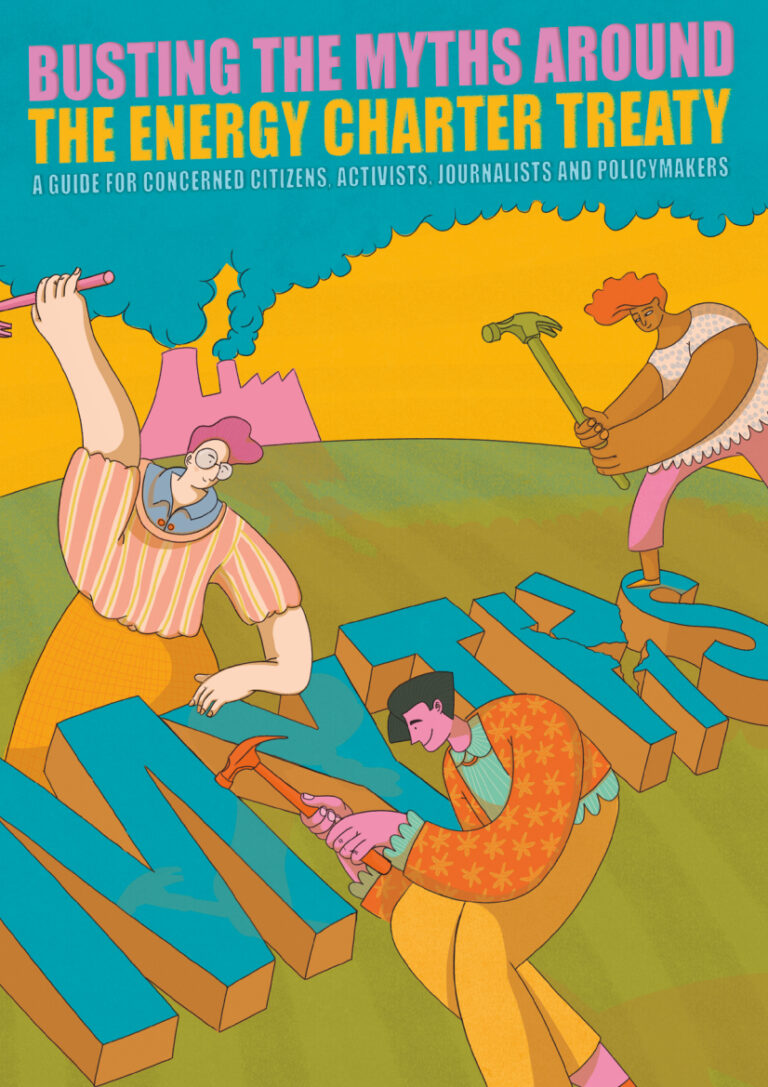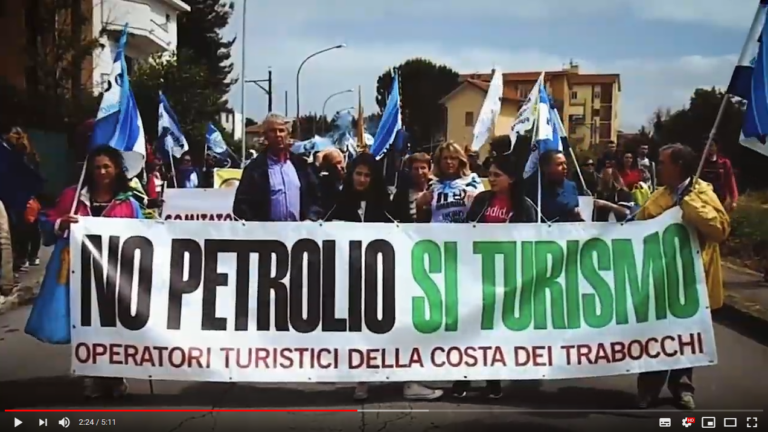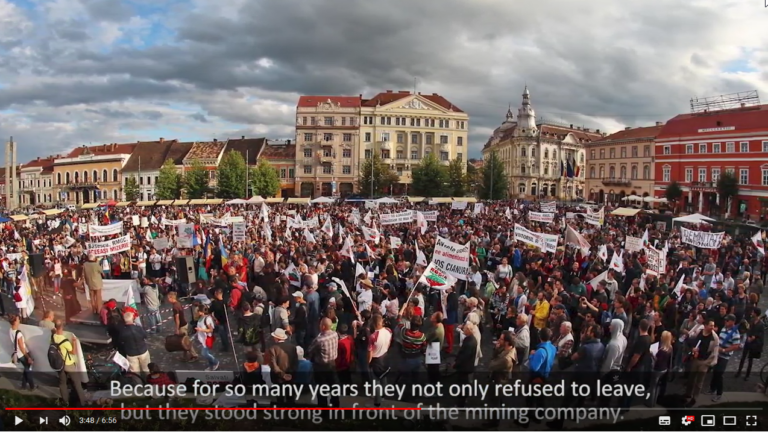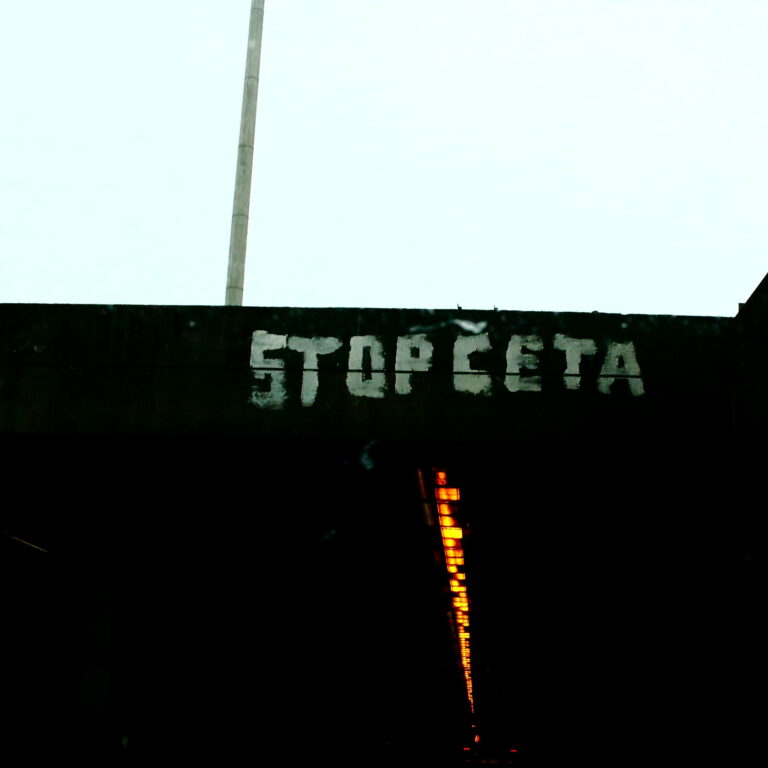
“Super-protections” for corporations
How investment treaties and investor-to-state dispute settlement grant foreign investors greater rights than Dutch and EU law

Foreign investors enjoy more rights under investment treaties than under Dutch or EU law. A new study, commissioned by SOMO and conducted by the Amsterdam European Law Clinic, focuses on four important elements of investment protection and compares the rights of companies under the Energy Charter Treaty (ECT), CETA, Dutch civil and administrative law and the EU non-contractual liability regime. The most important conclusion is that companies under investment treaties and ISDS have a better chance of receiving (higher) compensation.
- First, in both the ECT and CETA, arbitrators have financial incentives to decide in favour of foreign investors, while in the case of the ECT a lack of transparency prevents these cases to be followed publicly;
- Second, foreign investors do not have to challenge a new or renewed law at national level first. They can directly claim financial compensation for ‘having to endure’ measures or laws and start a procedure under the relevant investment treaty;
- Third, the substantive investment protection standards constrain the regulatory space of governments in a way that Dutch and EU law do not.
- Fourth, foreign investors can obtain higher compensation.
It is therefore not surprising that foreign investors are increasingly resorting to ISDS, even in countries with a strong rule of law.
Bart-Jaap Verbeek:
“The threat of potential ISDS claims, coupled with the uncertain and unpredictable outcomes of ISDS cases and the high sums involved, influence the policy space of governments more than what would be possible in national legal systems. The impact of the potential liability puts greater pressure on governments to refrain from taking action, for example in the area of climate policy.”
On 2 February 2021, the German energy company RWE initiated arbitration proceedings against the Netherlands under the ECT, because of a law that bans the use of coal for electricity generation from 2030 onwards. This is the first time the Netherlands is being sued on the basis of an investment treaty. Also, it is one of the first cases to directly oppose climate legislation and the phasing out of coal.
Do you need more information?
-

Bart-Jaap Verbeek
Researcher
Publication
Accompanying documents
-
Download: ALC Comparative Research on Investment Protection Standards and Procedures (pdf, 469.96 KB)

Related content
-
 Coal company sues the Netherlands over controversial investment treatyPosted in category:NewsPublished on:
Coal company sues the Netherlands over controversial investment treatyPosted in category:NewsPublished on: -
 Busting the myths around the Energy Charter TreatyPosted in category:News
Busting the myths around the Energy Charter TreatyPosted in category:News Bart-Jaap VerbeekPublished on:
Bart-Jaap VerbeekPublished on: -
 How CETA opens up Europe to US multinationalsPosted in category:News
How CETA opens up Europe to US multinationalsPosted in category:News Bart-Jaap VerbeekPublished on:
Bart-Jaap VerbeekPublished on: -

-

-

-

-
 Canadian investors in childcare and housing and more power with CETAPosted in category:NewsPublished on:
Canadian investors in childcare and housing and more power with CETAPosted in category:NewsPublished on: -
CETA: Rights for Canadian multinationals Published on:
 Bart-Jaap VerbeekPosted in category:Publication
Bart-Jaap VerbeekPosted in category:Publication Bart-Jaap Verbeek
Bart-Jaap Verbeek

